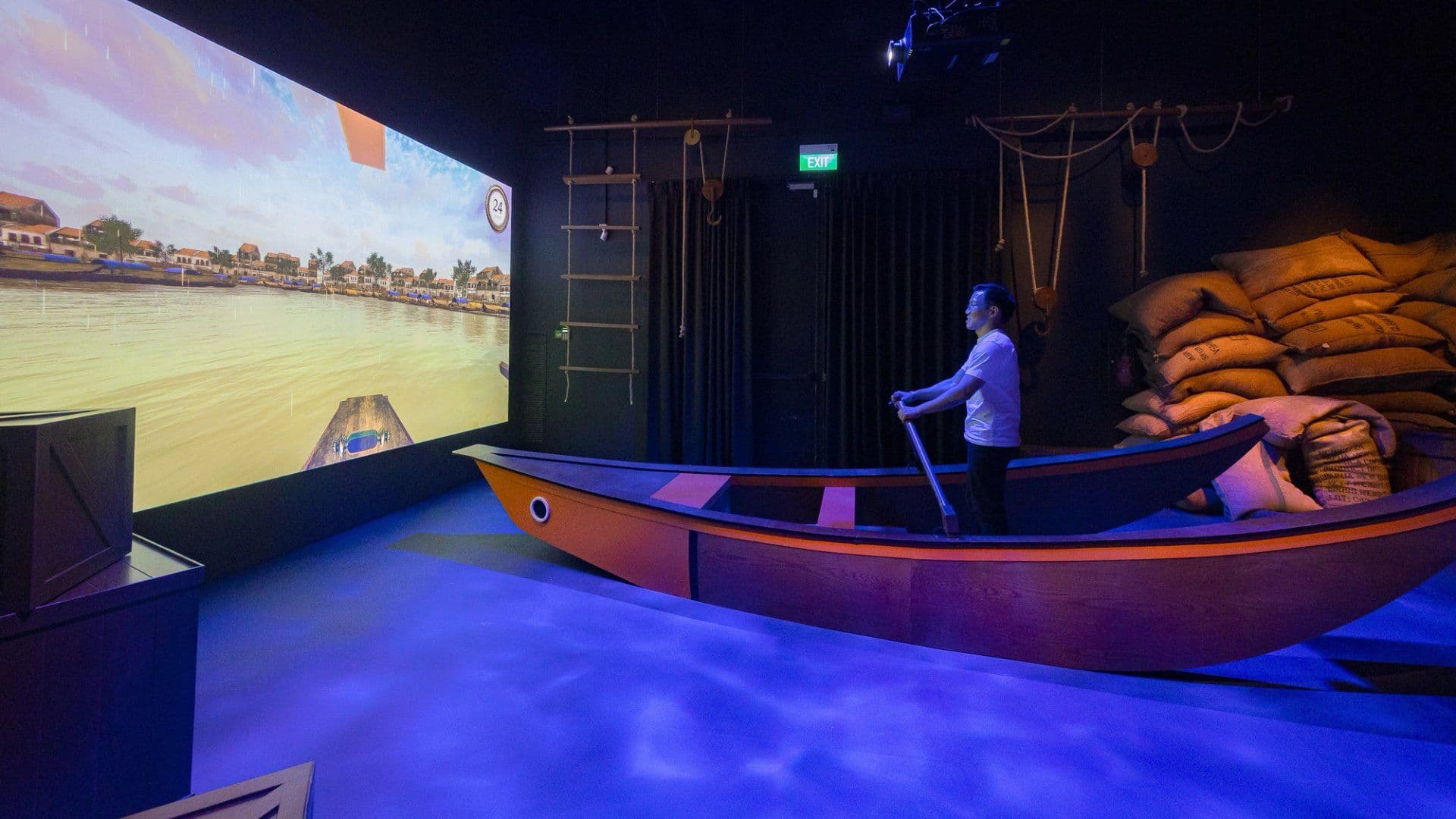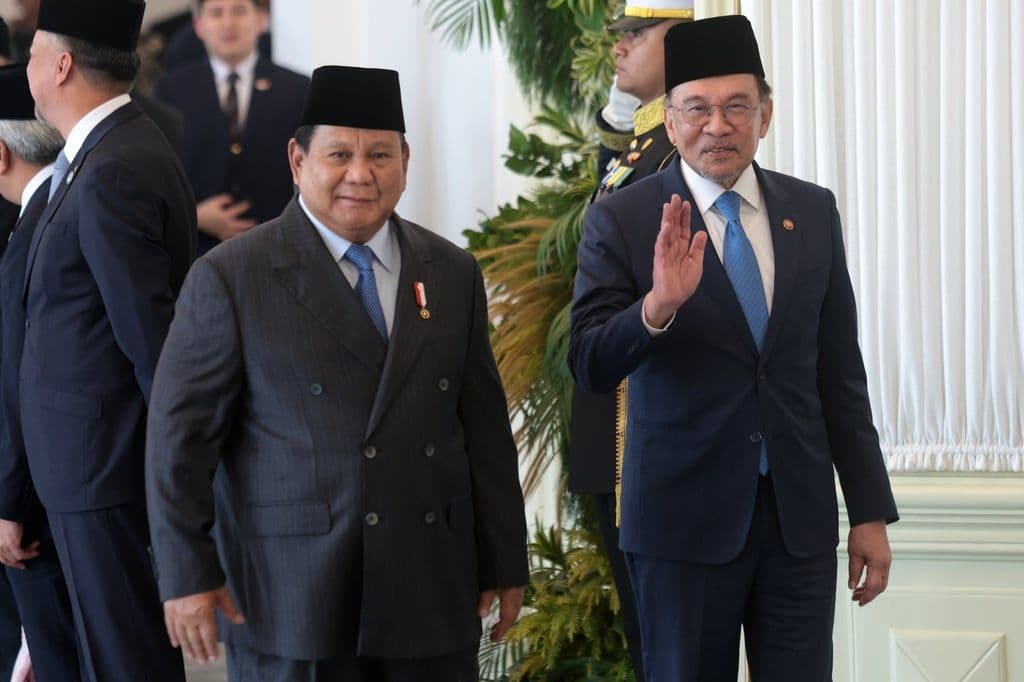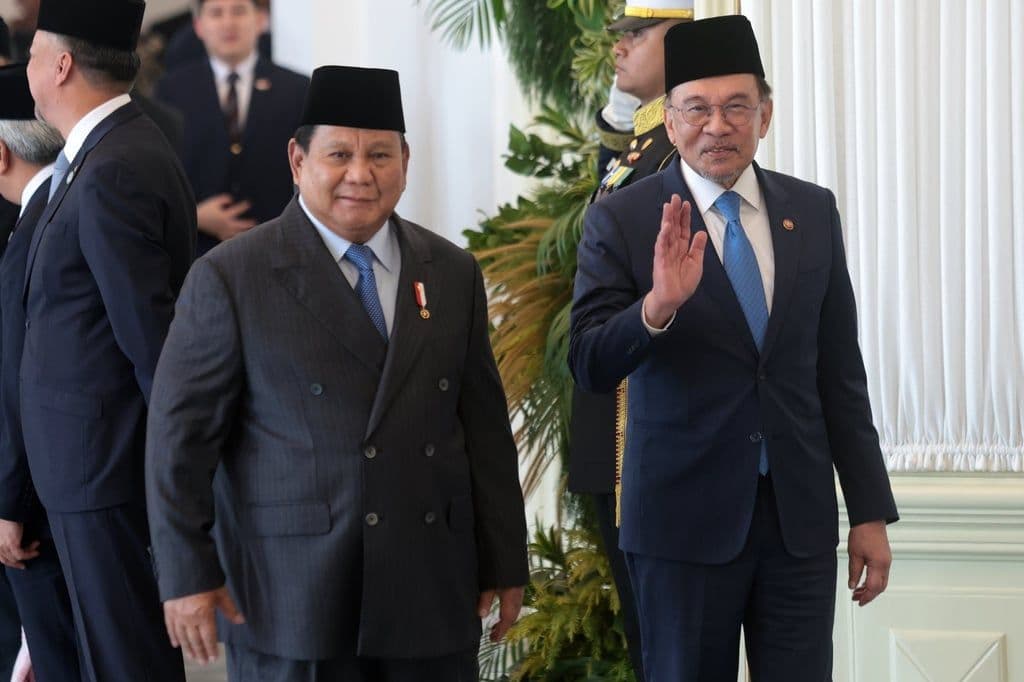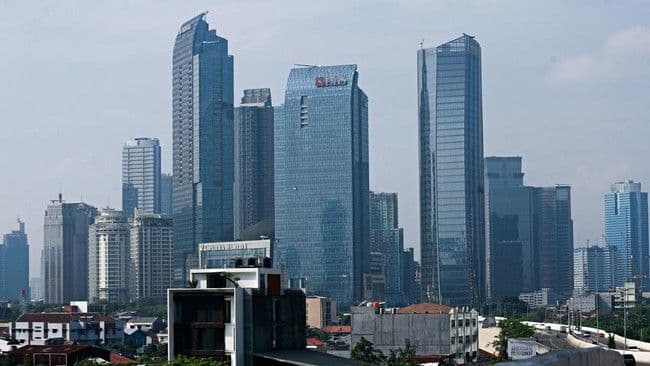Singapore's Perpetual Pulse: Decoding the City-State's Sixty-Year Playbook for Global Relevance
Explore how Singapore, at 60, consistently defies odds, leveraging foresight and resilience to thrive amid global uncertainty. Uncover its unique strategies for navigating tomorrow's world.

From Vulnerability to Vision: Singapore's Improbable Ascent
In 1965, as faced an unexpected independence following its separation from Malaysia, few observers held much hope for the tiny island nation. Confronted with a landscape of high unemployment, rudimentary infrastructure, and an inherently uncertain future, the odds seemed stacked against this 735-square-kilometer city-state, smaller even than . Yet, as it approaches its 60th year, Singapore has not merely survived; it has engineered an astonishing transformation. The now champions it as home to a "high-income, globally competitive economy" underpinned by "one of the highest levels of human capital development." This remarkable ascent has seen it consistently top global rankings for education, economic dynamism, and safety.
At its core, Singapore's very existence has been intertwined with trade since its founding as a British port in 1819. Today, it boasts the world's second busiest port and Asia's major aviation hub, , underscoring trade as its economic lifeblood. With 28 Free Trade Agreements, including with major powers like the , , and the , its reliance on exports is profound, making up an astounding 178.8% of its GDP in 2024. However, this export-dependent model now faces unprecedented tests. Analysts like of highlight a global trade system "showing cracks and fragmenting," alongside escalating . Can Singapore maintain its extraordinary trajectory amidst such formidable external pressures? This question now defines its next chapter.

Mastering the Pivot: Riding Global Waves from Production to Innovation
Singapore’s sustained success, as keenly observes, stems from an uncanny ability to align itself with global megatrends. In its formative years, the playbook was clear: leverage manufacturing exports for job creation. This strategic openness attracted international giants like , , and , laying foundational economic muscle. But the city-state didn't stop there. It skillfully pivoted towards "value creation," actively fostering innovation and nurturing local enterprises into national, regional, and even global industry champions. This dynamic evolution showcases a nation perpetually reinventing its economic engine, moving beyond mere production to sophisticated intellectual capital.
Looking ahead, the next phase of Singapore's journey is posited as "wealth creation." This involves solidifying its established brand and economic prowess to further expand its capital and global financial standing. The strategy emphasizes leveraging its existing "hub status" in critical sectors like energy, finance, and tourism. Crucially, Singapore understands the imperative of embracing cutting-edge technological advancements—from and to —not just for growth, but to overcome inherent constraints like an aging population. These innovations are expected to unlock significant productivity gains, boost company valuations, and fuel new public listings, demonstrating a clear vision for sustained economic vitality. Even as it celebrates 60 years, the message is clear: there's no slowing down; the quest is to secure its unique position in an evolving world order.

The Unshakeable Anchor: Navigating Geopolitical Storms with Strategic Stability
In an increasingly volatile world, Singapore’s enduring stability stands out as a strategic asset. While the global trade system fragments and multilateralism faces headwinds, putting smaller nations at a disadvantage, Singapore has doubled down on a core philosophy: clean governance and unwavering commitment to free trade. This consistent approach, as 's suggests, means there's no need for a radical new playbook; rather, it’s about reinforcing what works. The country has meticulously cultivated a reputation as a safe haven, a place where policies are not capricious, and commitments are upheld. "We don't flip flop on policies; we mean what we say," is the guiding principle, fostering immense trust.
This steadfastness has earned Singapore accolades as one of the best places to do business, with the highlighting its political stability and the government's proactive support for technological upgrades in domestic firms. CEO echoes this, emphasizing Singapore's open, stable, transparent, and resilient environment, where the rule of law is clear, and markets remain open. Even when faced with unexpected challenges, such as the imposing tariffs despite a long-standing free trade agreement and a trade deficit, Singapore's response, though disappointed, reflects its commitment to strategic pragmatism. The formation of the underscores this proactive stance, aiming to navigate external uncertainties and ensure the nation thrives, perhaps even through a "two-track" trading system to manage complex global dynamics.

Future-Proofing the Lion City: Crafting Tomorrow's Prosperity and Purpose
Singapore's journey into its next sixty years isn't just about maintaining relevance; it's about actively crafting a future of sustained prosperity and profound purpose. Building on its "wealth creation" trajectory, the nation is intensely focused on expanding its capital and enhancing its global financial standing. This includes leveraging its established hub status in high-value sectors like energy, finance, and tourism, while simultaneously embracing a future driven by advanced technology. The strategic adoption of , , and isn't merely about technological prowess; it's a vital response to demographic challenges like an aging population, designed to unlock significant productivity gains and propel economic growth through higher company valuations and new public listings.
The commitment to future-proofing is also evident in its robust financial policies, such as the 's injection of S$5 billion into local stock markets, specifically targeting small and mid-cap companies. This move aims to ignite greater interest and confidence in Singapore's equity market, signaling a proactive stance on capital development. Beyond economic strategies, the nation continues to grapple with internal hot-button issues like the cost of living, public housing availability, and job security, all of which underscore the government's ongoing efforts to ensure a high quality of life for its citizens. As Singapore looks beyond its 60th birthday, its consistent principles of clean governance, unwavering commitment to free trade, and its cultivated reputation as a safe, predictable haven will remain the bedrock upon which it builds tomorrow's success, ensuring it continues to punch above its weight in an ever-complex world.
Related Articles

Malaysia's Triple Play: Navigating Global Headwinds, Green Gold, and Homefront Harmony

Malaysia's Triple Play: Navigating Global Headwinds, Green Gold, and Homefront Harmony

The Unseen Threads: Lucio Tan's Enduring Blueprint for a Multi-Decade Empire

The Unseen Threads: Lucio Tan's Enduring Blueprint for a Multi-Decade Empire

Navigating the Storm: Indonesia & Malaysia's Bold Play for Palm Oil Sovereignty

Navigating the Storm: Indonesia & Malaysia's Bold Play for Palm Oil Sovereignty

Indonesia's Growth Paradox: Unpacking the Surprise 5.12% Amidst Persistent Headwinds
